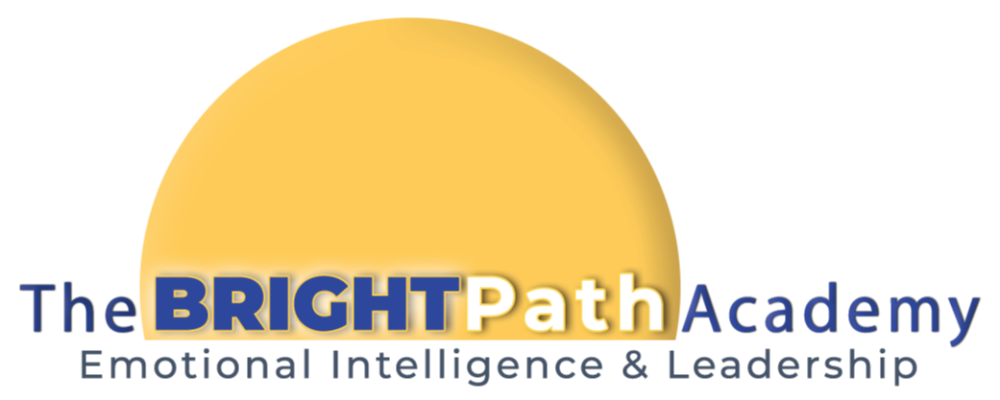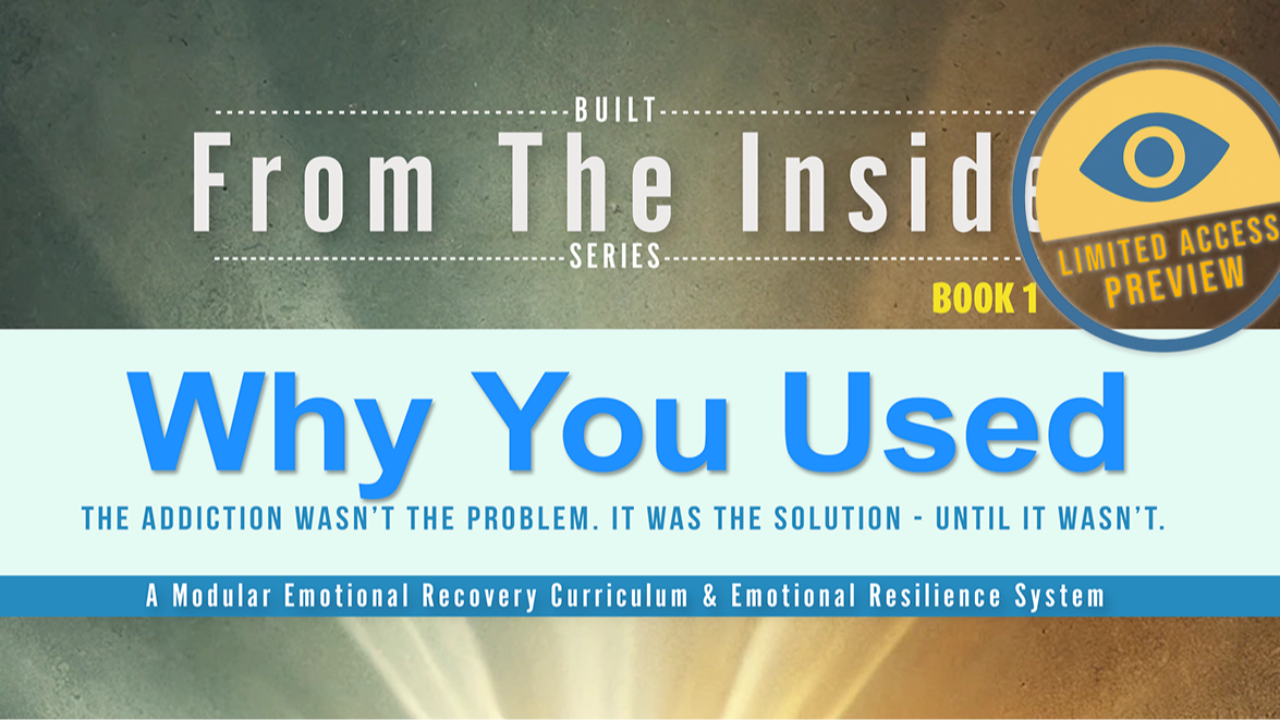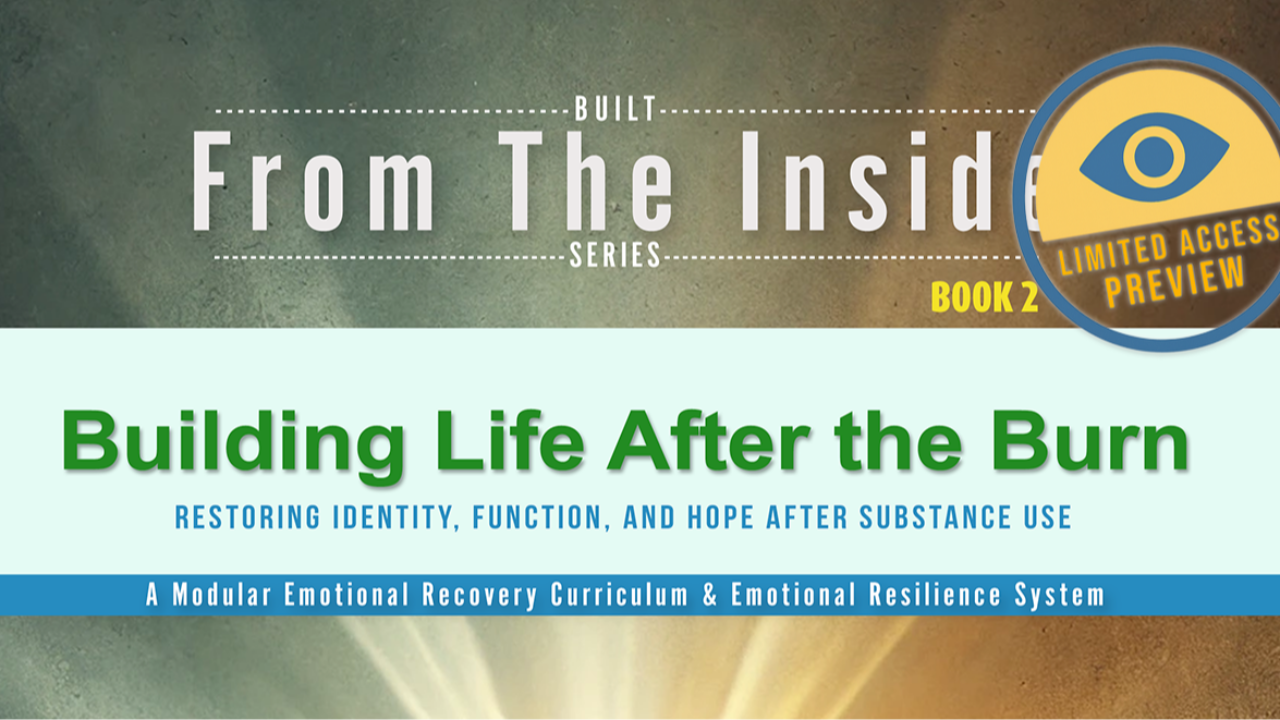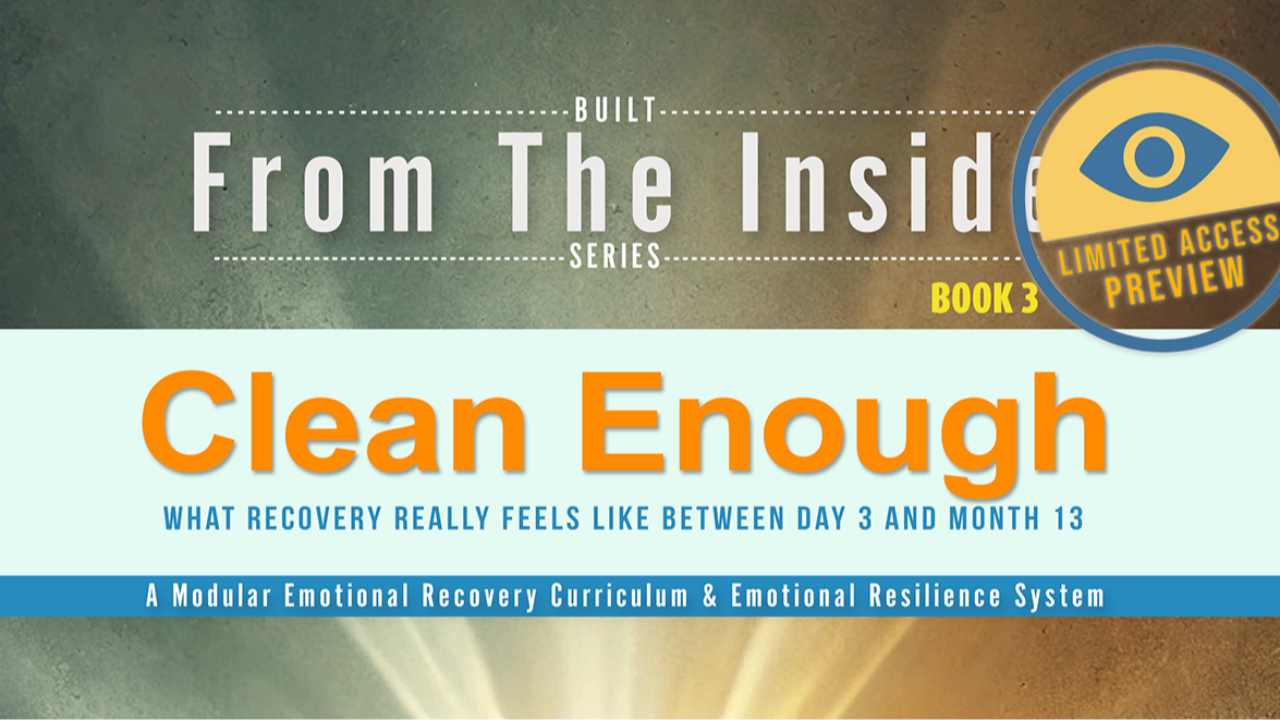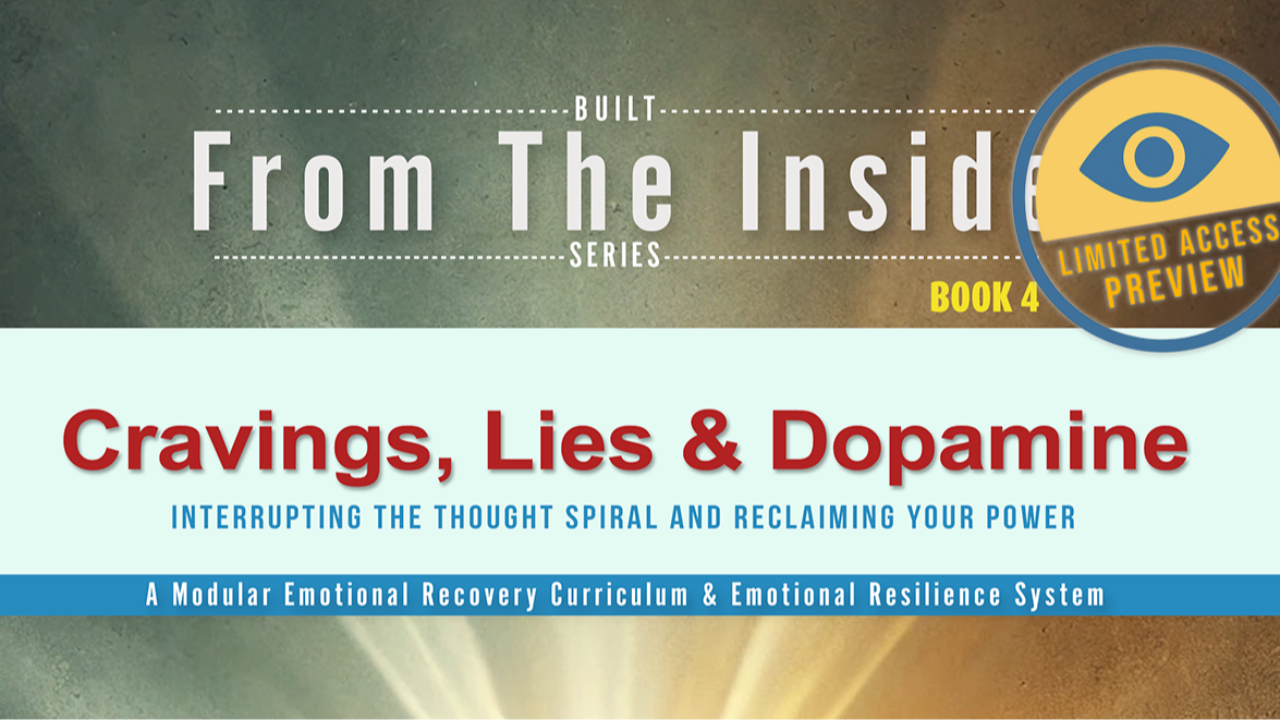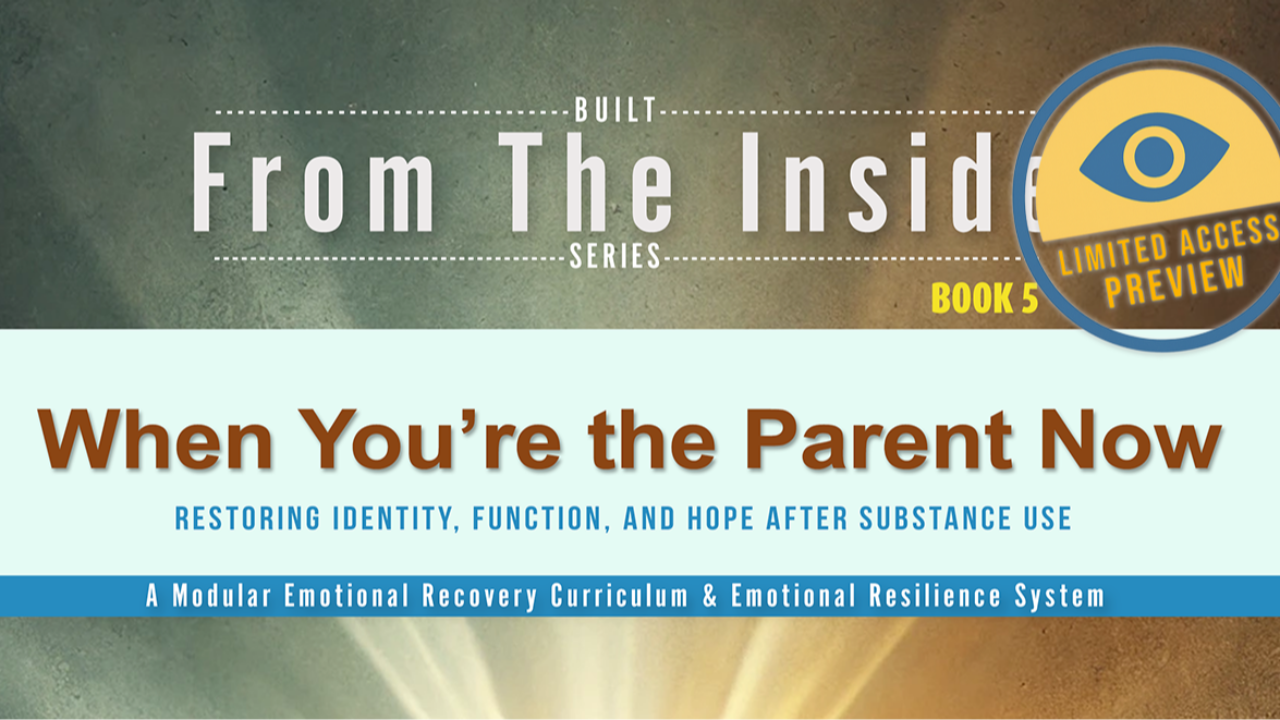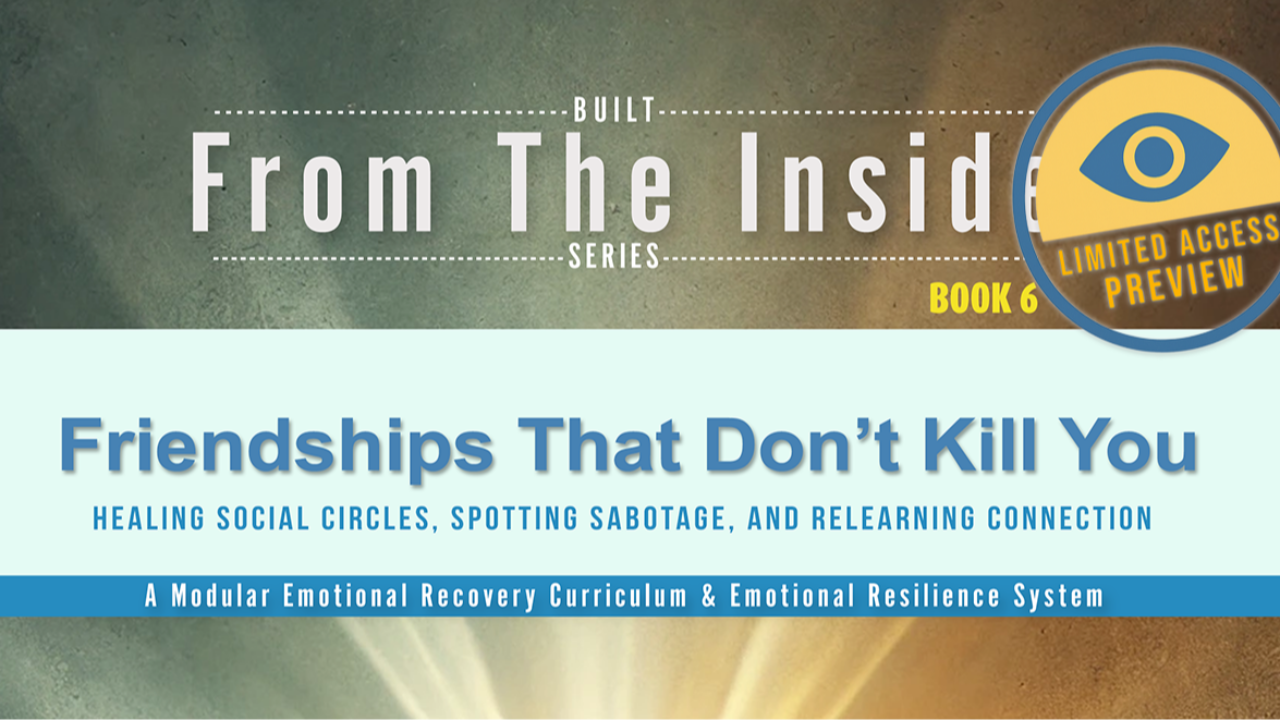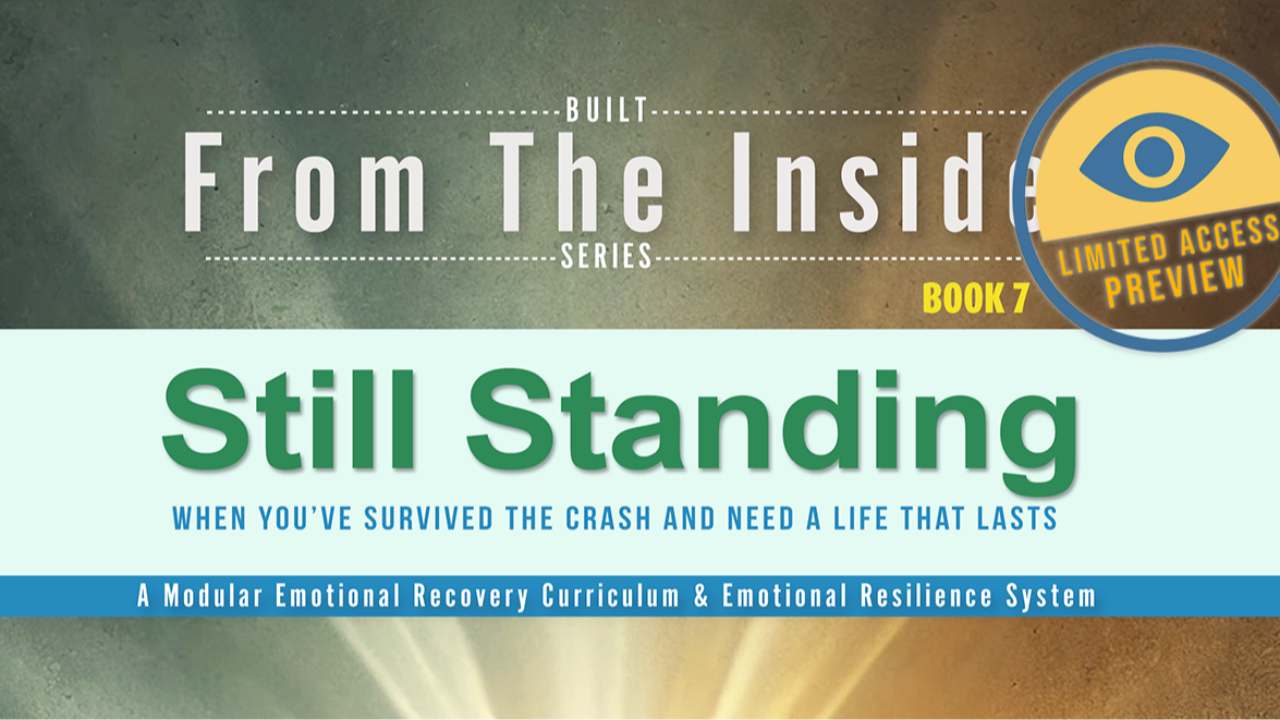“Used to Survive™ The Trauma-Informed Recovery Curriculum That Rewrites Lives.”
Seven books. One framework. A certifiable, facilitator-ready system built for
recovery, reentry, and emotional literacy.
Evidence-Informed & Trauma-Aware
Grounded in neuroscience, SEL, and trauma recovery principles, the series speaks human first, not jargon. Every tool is designed to be shame-free, accessible, and emotionally safe.
Practical, Repeatable Tools
From the EMO-PATH™ Core 7 to the Red Flag Tracker, participants don’t just read - they practice. Each book provides simple, hands-on frameworks that can be used daily.
Scalable & Certifiable
Built for peers, paraprofessionals, clinicians, and whole organizations. Used to Survive™ grows with your program through tiered facilitator certifications and annual site licenses.
What Is Used to Survive?
Used to Survive™ is a 7-book, trauma-informed recovery curriculum designed to help people not just get clean, but stay human. It combines lived experience, neuroscience, and clinical insight into a structured, certifiable framework. Each book is paired with facilitator guides, certification pathways, and proprietary tools - making it scalable for peer groups, clinical programs, reentry systems, and community mentoring.
The 7-Book Journey
Available on Amazon Click Below:
-
Book 1 – Why You Used
Addiction as survival, not identity. -
Book 2 – Building Life After the Burn
Restoring trust, purpose, and daily life. -
Book 3 – Clean Enough
Surviving the gray zone of early sobriety. -
Book 4 – Cravings, Lies & Dopamine
Interrupting the thought spiral. -
Book 5 – When You’re the Parent Now
Breaking cycles while raising kids. -
Book 6 – Friendships That Don’t Kill You
Healing social circles & spotting sabotage. -
Book 7 – Still Standing
Building a life that lasts.
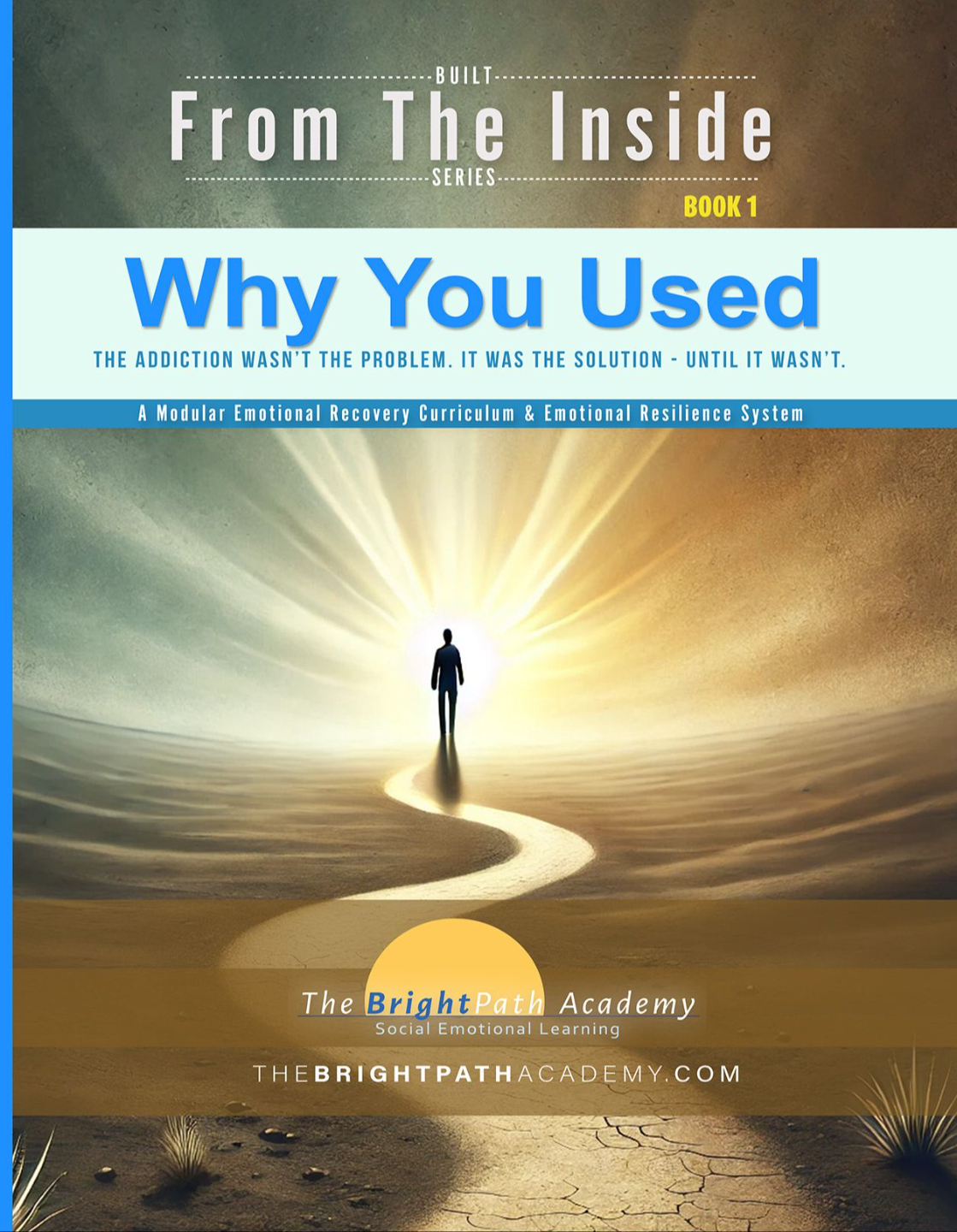
USED: TO SURVIVE - Online Courses
Certification & Facilitation
More Than Books — A Scalable System.
Every book includes matching facilitator resources. From peers to licensed clinicians, Used to Survive™ offers tiered certification and on-site facilitation options.
The system is trauma-informed, shame-free, and adaptable for: outpatient programs, community peer groups, housing & reentry circles, and clinical recovery centers.
